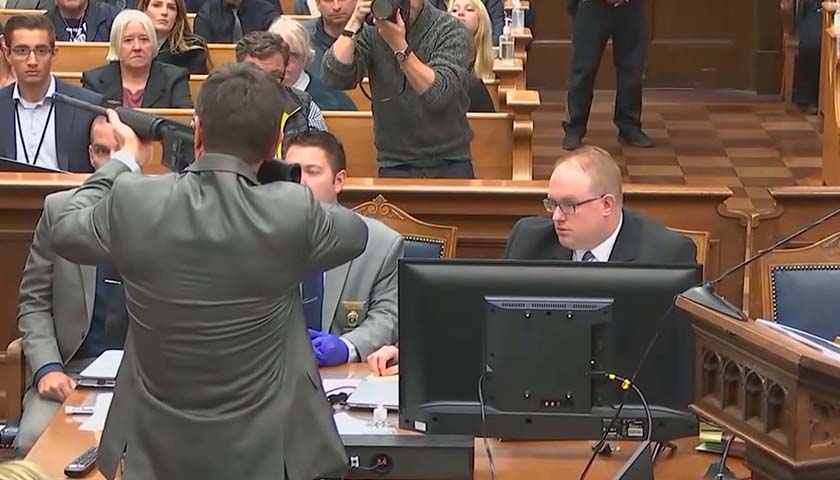The conclusion of the Kyle Rittenhouse trial, in which the 18-year-old was found not guilty of murder or assault in the shootings of three rioters in the city of Kenosha, Wisconsin, reflects a widening gap in how Americans conceive of justice and self-defense.
For those cheering Rittenhouse’s exoneration, the case was a prototypical demonstration of rights and obligations of republican citizenship. A lawfully armed Rittenhouse joined with neighbors, in the absence of effective governance, to protect lives and property by putting out fires, cleaning up damage, and offering medical assistance to the injured. When he was directly assaulted for engaging in this activity, Rittenhouse defended himself, harming no one who had not directly placed him under reasonable fear for his life.
Read More
